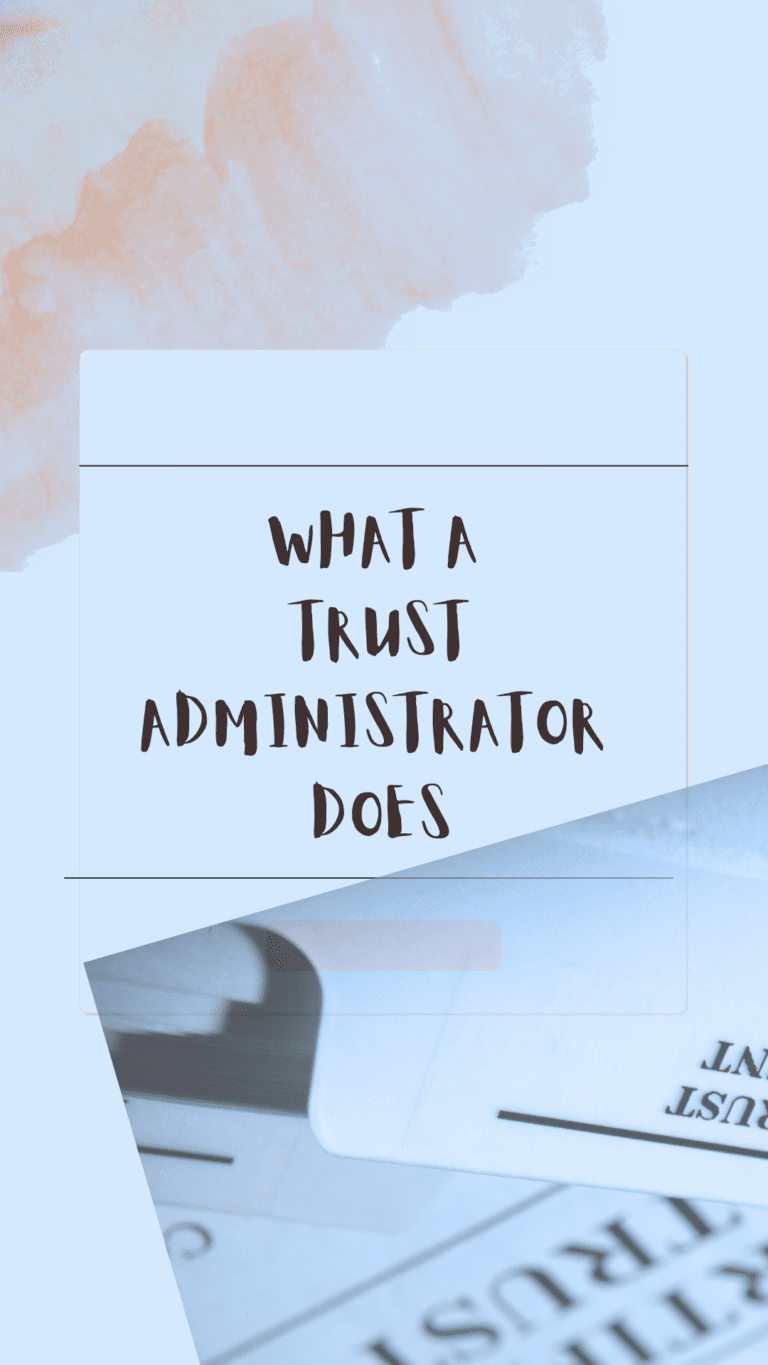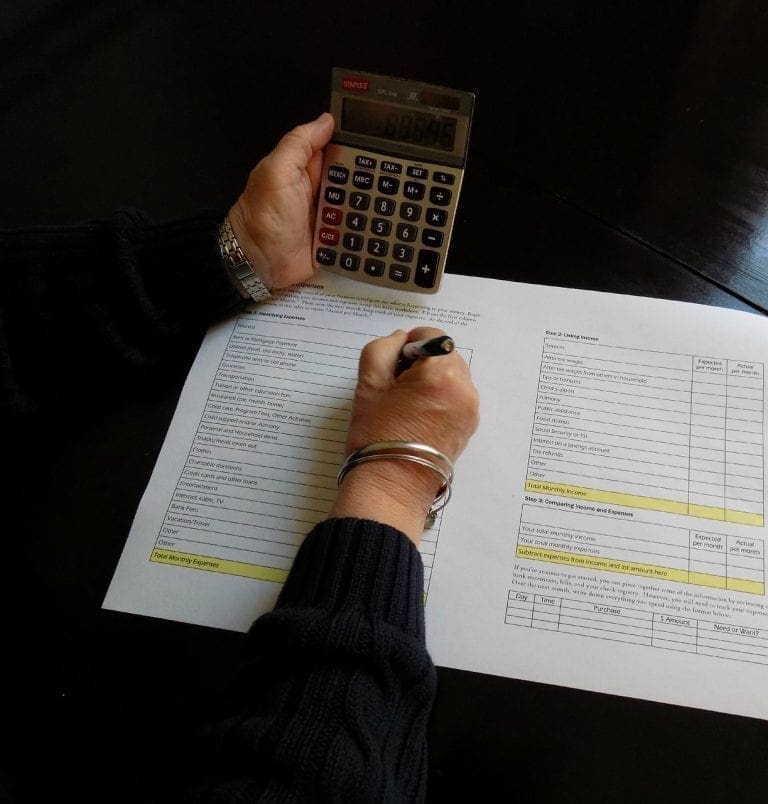Challenging Debt Collectors Claims

Dealing with debt collectors can be a daunting experience, especially when you’re unsure whether you owe the debt they’re contacting you about. However, it’s essential not to ignore or avoid debt collectors altogether. Understanding your rights and knowing how to challenge their claims can help you navigate this challenging situation with confidence. Here’s what you need to know to challenge debt collectors’ claims effectively.
Understanding Debt Relief Programs
Before diving into the intricacies of challenging debt collectors’ claims, it’s essential to be aware of debt relief programs. These programs offer various options for managing and reducing debt, providing a lifeline for individuals struggling with overwhelming financial obligations. Exploring debt relief options can empower you to take control of your financial situation and potentially alleviate the pressure of dealing with debt collectors.
Seeking Assistance
If you’re feeling overwhelmed by debt collectors’ claims or struggling to manage your finances, don’t hesitate to seek assistance from debt relief professionals. They can offer guidance on your rights, negotiate with creditors on your behalf, and help you develop a strategy for addressing your debts.
Know Your Rights
When a debt collector contacts you, they are legally obligated to provide certain information about the debt they are attempting to collect. This information, known as validation information or a validation notice, is crucial for understanding the legitimacy of the debt and your rights as a consumer.
- Validation Information – The validation notice should include details such as the amount of the debt, the name of the original creditor, and your rights to dispute the debt. Reviewing this information carefully can help you determine whether you believe the debt is valid and whether there are grounds for challenging it.
- Challenging the Debt – If you believe that the debt collector’s claims are inaccurate or unjust, you have the right to challenge the debt. Here are steps you can take to dispute the debt effectively:
- Request Verification – Send a written request to the debt collector asking them to verify the debt. This request should be made within 30 days of receiving the initial communication from the collector. In your letter, clearly state that you are disputing the debt and request that they provide evidence to support their claim.
- Gather Evidence – While you wait for a response from the debt collector, gather any documentation or evidence that supports your position. This could include records of payments made, correspondence with the original creditor, or any other relevant information that demonstrates why you believe the debt is invalid.
- Communicating Effectively – Effective communication is key when disputing a debt with a collector. Here are some tips for navigating conversations with debt collectors:
- Keep Records – Maintain detailed records of all communication with the debt collector, including dates, times, and the content of conversations. This documentation can be valuable evidence if the dispute escalates.
- Stay Calm and Assertive – Remain calm and assertive when speaking with debt collectors. Remember that you have rights as a consumer, and it’s essential to assert those rights respectfully but firmly.
- Seek Legal Assistance if Necessary – If your attempts to challenge the debt are unsuccessful, or if you believe the debt collector is engaging in unfair or illegal practices, don’t hesitate to seek legal assistance. An attorney specializing in consumer rights and debt collection practices can provide invaluable guidance and representation.
- Consumer Protection Laws – Be aware of your rights under consumer protection laws, such as the Fair Debt Collection Practices Act (FDCPA). These laws provide protections against abusive or deceptive debt collection practices and outline procedures for disputing debts.
Conclusion
Challenging debt collectors’ claims can be intimidating, but it’s essential to assert your rights and take action if you believe the debt is inaccurate or unjust. By understanding your rights, gathering evidence, and communicating effectively, you can effectively challenge debt collectors’ claims and protect yourself from unfair or illegal debt collection practices. Remember, you don’t have to face debt collectors alone—seeking assistance from debt relief professionals or legal experts can provide invaluable support and guidance throughout the process.









